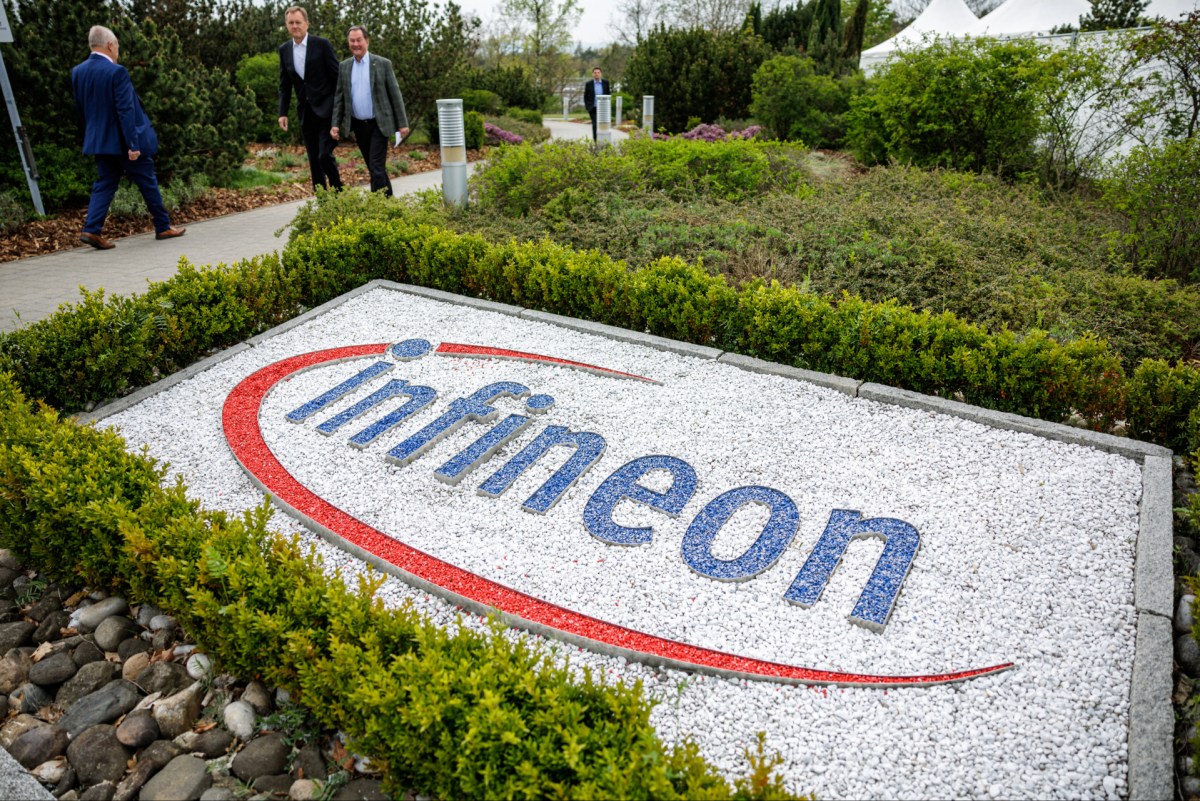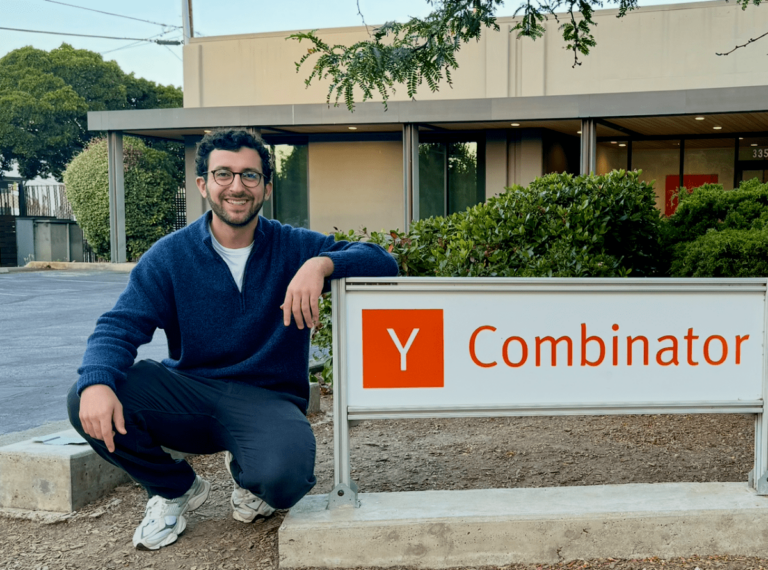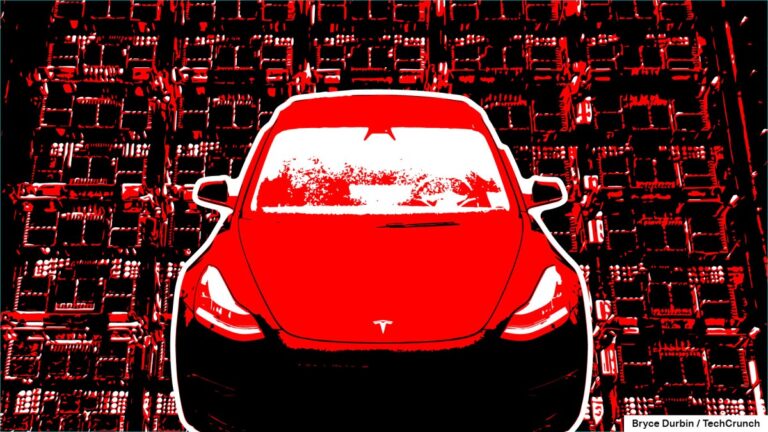Infineon Partners with India’s CDIL to Develop Cutting-Edge Chips for Light Electric Vehicles and Energy Storage Solutions
Infineon Technologies, a leading semiconductor manufacturer from Germany, is making significant strides in the Indian market by partnering with CDIL Semiconductors. This collaboration aims to develop advanced chips tailored for electric vehicles (EVs) and renewable energy systems, marking a pivotal moment in India’s semiconductor landscape.
Infineon and CDIL Partnership Overview
The partnership between Infineon and CDIL Semiconductors is a strategic move that highlights India’s efforts to modernize its semiconductor industry. With over 60 years of experience, CDIL is poised to play a crucial role in this transformation. This deal is part of a broader initiative involving billions of dollars in investments aimed at enhancing India’s chip production capabilities to meet both domestic and global demand.
India’s Growing Demand for Electric Vehicles
- India is home to over 1.4 billion people, presenting vast potential for the EV market.
- Currently, EVs account for only 7-8% of the transportation sector.
- The government’s goal is to increase this share to 30% by 2030.
In addition to boosting EV adoption, India aims to elevate its non-fossil energy generation capacity from 100GW to 500GW by 2030. However, several challenges remain, including insufficient charging infrastructure and cost-effective battery storage solutions.
Strategic Manufacturing Collaboration
This partnership marks Infineon’s first manufacturing collaboration in India, despite the company’s existing subsidiary in the country. Richard Kuncic, Infineon’s Senior Vice President, expressed optimism about India’s evolving market, noting the significant overlap of trends such as electrification and battery technology.
Production and Development Focus
Under this partnership, Infineon will supply wafers to CDIL, which will handle the packaging and assembly at its facility in Mohali, Punjab. The end products will cater to light EVs, such as electric two- and three-wheelers, and renewable energy solutions like solar inverters and energy storage systems.
- Targeted components include:
- MOSFETs (metal-oxide-semiconductor field-effect transistors) for electronic switching.
- IGBTs (insulated-gate bipolar transistors) for regulating high-voltage electricity.
Innovative Semiconductor Materials
The semiconductors produced will utilize advanced materials like silicon carbide and gallium nitride, known for their superior heat resistance and power density. CDIL has focused on silicon carbide technology for four years and has even exported it to countries like China.
Future Prospects and Local Collaborations
While Infineon currently has no plans to establish a wafer manufacturing site in India, the company is committed to forming more partnerships with local firms to expand its presence. Kuncic emphasized the importance of a calculated approach to partnerships, stating, “We are not starting five things just for the sake of it… we are doing one after another.”
This collaboration between Infineon and CDIL represents a significant step forward in India’s semiconductor industry, reflecting the country’s ambition to become a global player in the electric vehicle and renewable energy sectors. For more insights into the future of semiconductor technology, visit Semiconductors.org.







